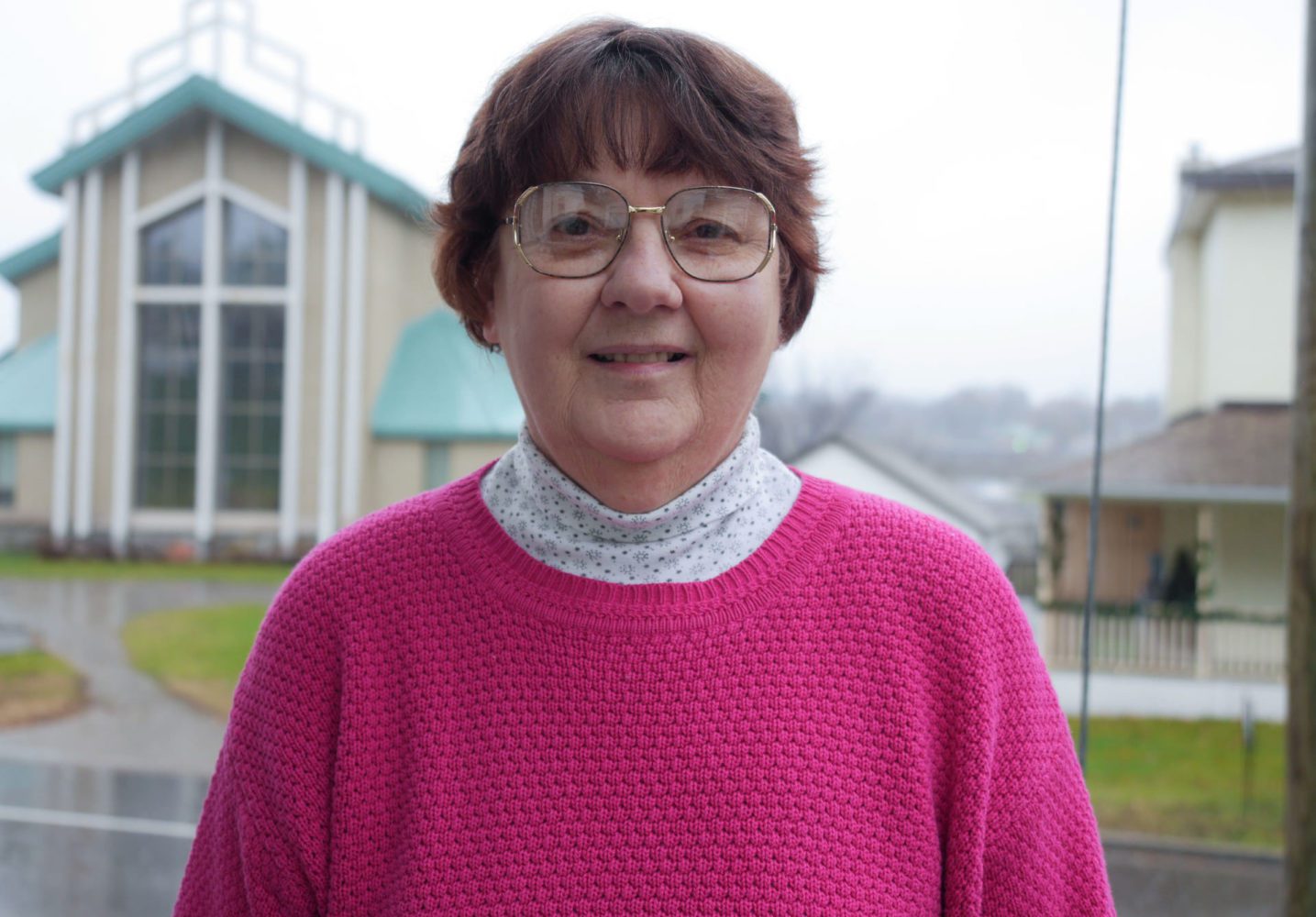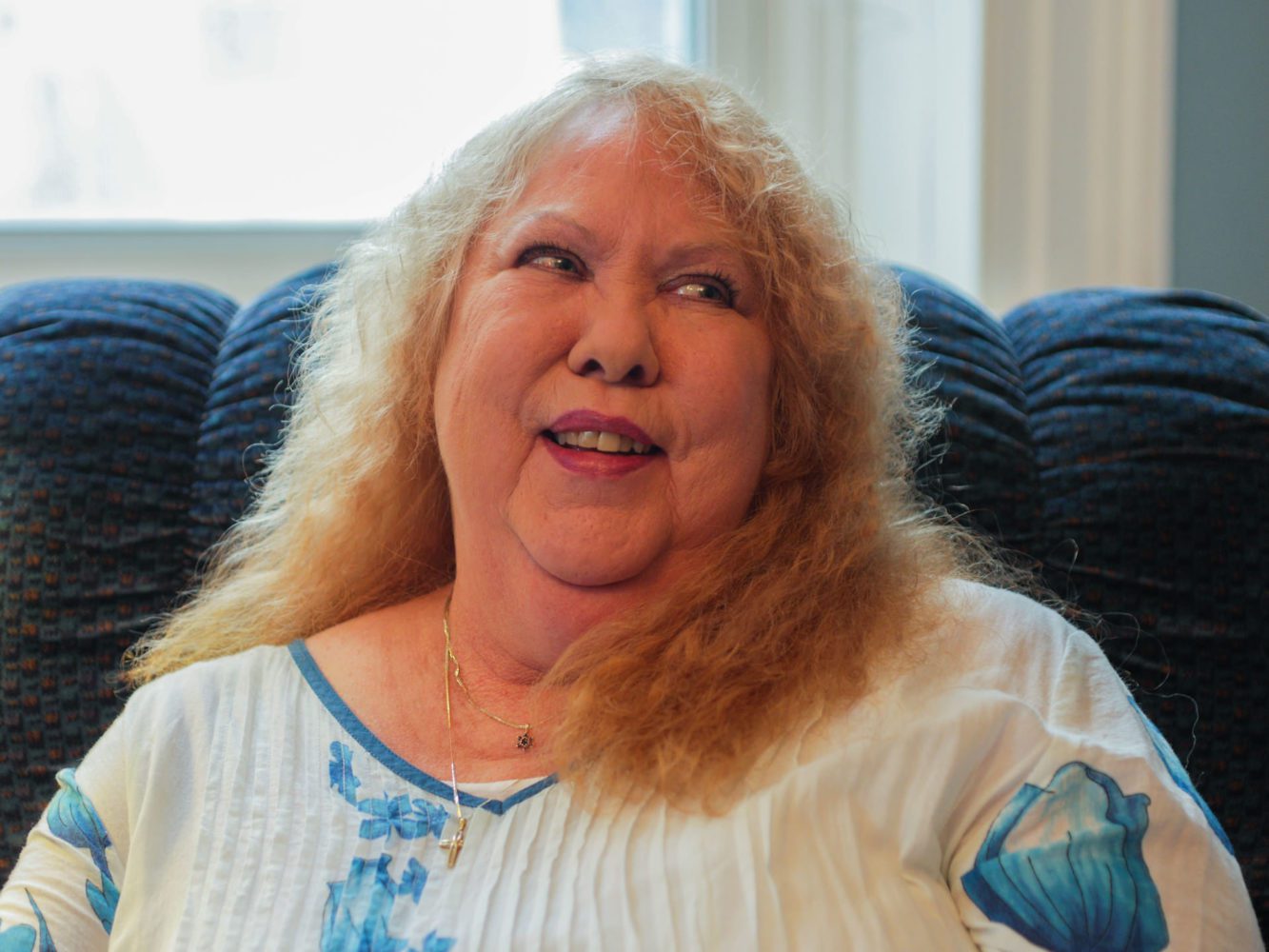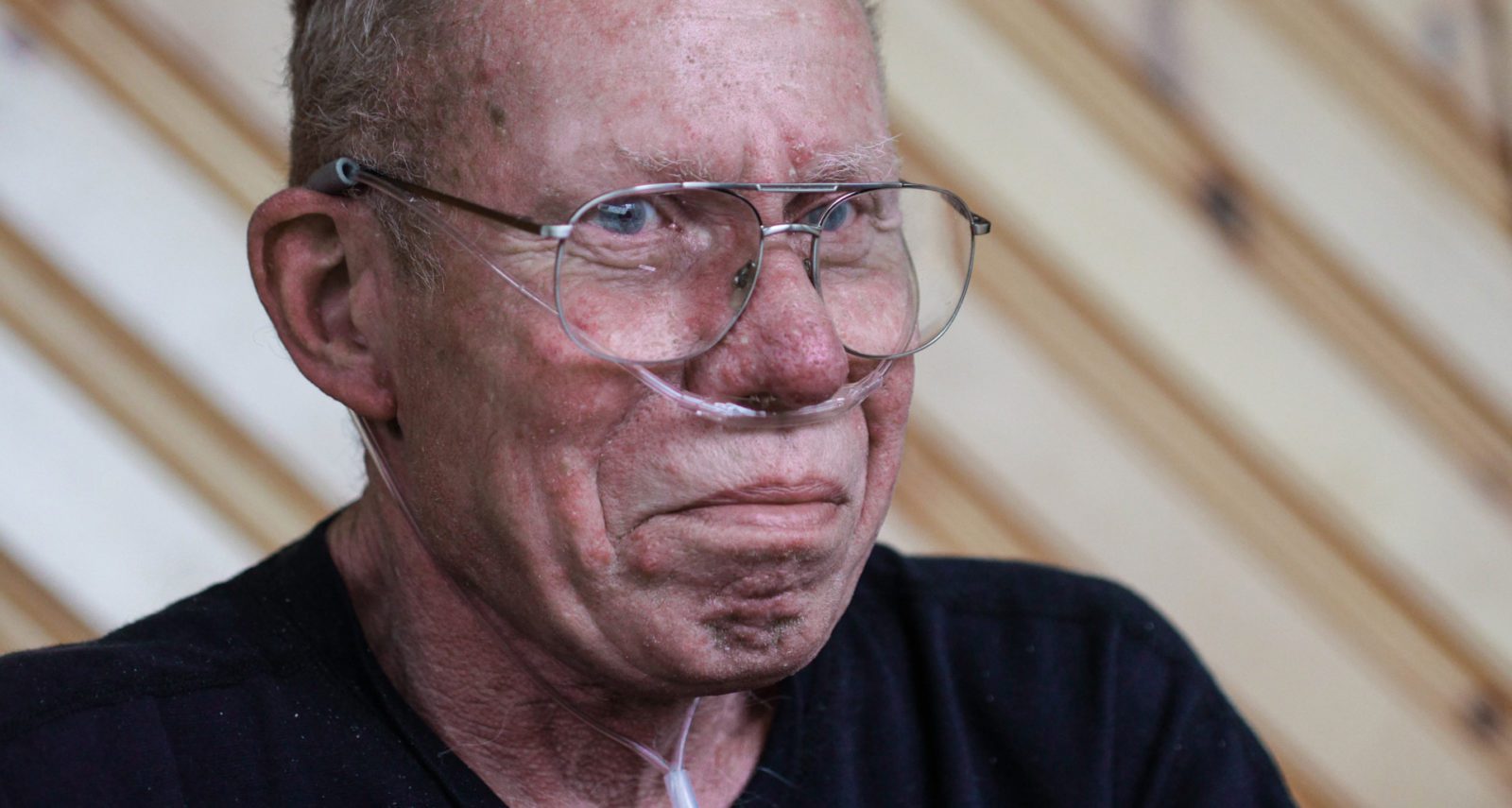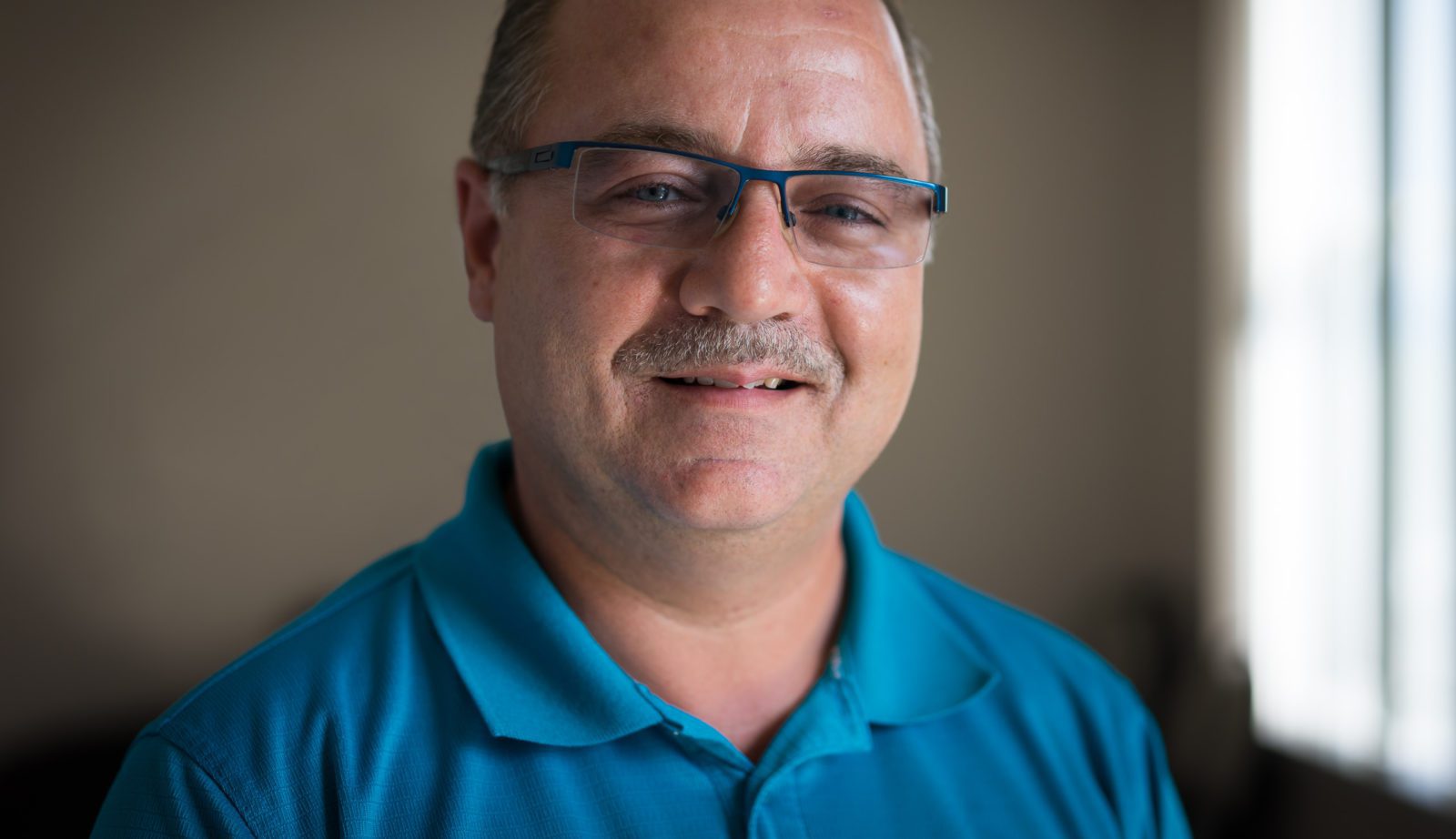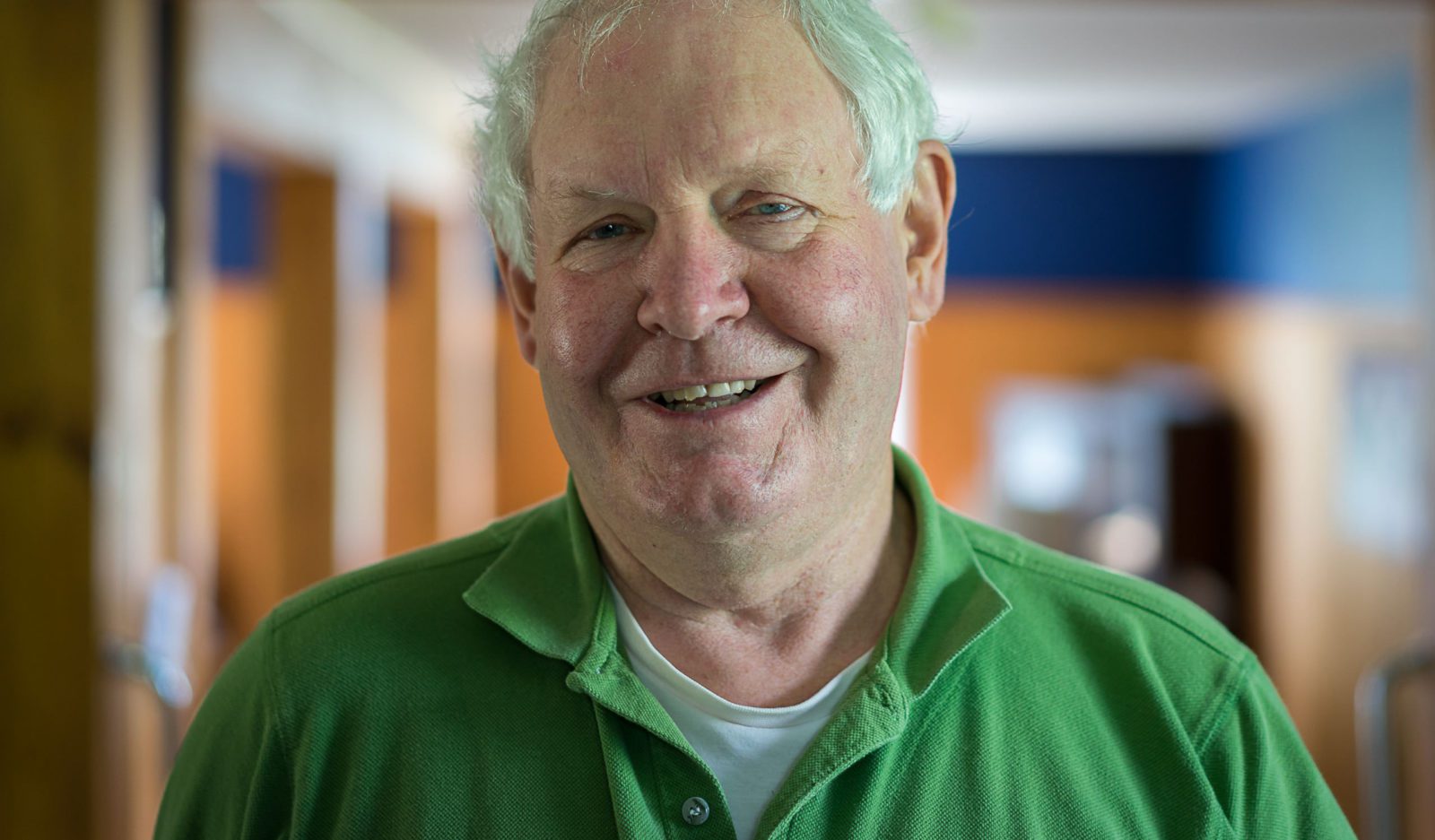rural medicine
Witnessing the closing chapter of many lives, I’m grateful for my sorrow
Is family medicine residency too short and too urban?
Sarah
Can family medicine meet the expectations of millennial doctors?
Primary care quality improvement: Is data the future?
Kristian
Donna
Pam
Jeff M
Bruce and Lynne
Luc M
Chris J
Keeping doctors where we need them

How do we get more doctors to practice in rural communities? This has been a long standing challenge in Canada — getting physicians to work where we need them — especially in provinces with large rural populations. Policy makers have created and implemented some promising solutions, but until recently, there has been little evidence on …
Health system decisions in Alberta lack guidance from strong vision, values, principles or evidence

In late March, Alberta Health Services (AHS) discontinued maternity services in Banff’s Mountain Springs Hospital. This decision fell out of a regional planning process. It resulted in public outcry, demonstrations, media attention and a pending judicial challenge; it prompted both a Healthy Debate article and webchat. The economic impact of this decision on the AHS …
Maternity services disappearing in rural Canada

The plan to eliminate obstetrical care at Banff’s Mountain Springs Hospital, and to replace it with enhanced vascular and plastic surgery services, was labelled a potential “quick win” in a 2012 community and rural health planning document. Babies would no longer be delivered in Banff (population about 8,200) and instead obstetrical care would be “consolidated” …
Telemedicine, the next frontier: bringing care to where patients live

“On average, it costs the system $50 000 a year to provide dialysis treatment for one person with chronic kidney disease. If a patient is admitted to hospital for an acute illness and requires ‘crash’ dialysis, this admission alone can cost upwards of $20 000, excluding emergency and transport expenses. The impact that these numbers …
Innovative medical education in Northern Ontario
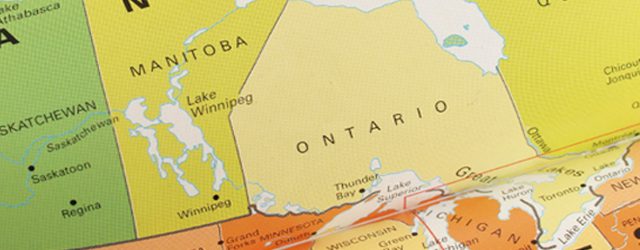
The Northern Ontario School of Medicine (NOSM) has developed a model of medical education to address the needs of people living in northern Ontario. NOSM was founded in 2005 with mandate of social accountability to the communities of the region. As the first NOSM graduates begin to enter practice, there are hopes that this school …
Approaches to improving access to specialists in rural regions: Ontario & Germany

In Ontario, specialists are concentrated in larger cities, and Ontarians living in smaller cities and rural regions have challenges accessing specialist services. In Ontario, Local Health Integration Networks (LHINs) use non-financial incentives to try to attract specialists to practice in hospitals that serve rural areas, and provide telemedicine and outreach clinics for patients. In contrast, …
Accessing nurse practitioners – a double standard?

My friend Ron is an energetic seventy-year-old who is diabetic. We live in northwestern Ontario, in a town called Kenora, two hundred kilometers east of Winnipeg, Manitoba. Ron’s life has just been complicated by the fact that his family doctor moved away recently. Why is this a particular complication for him? Because the lab in …







